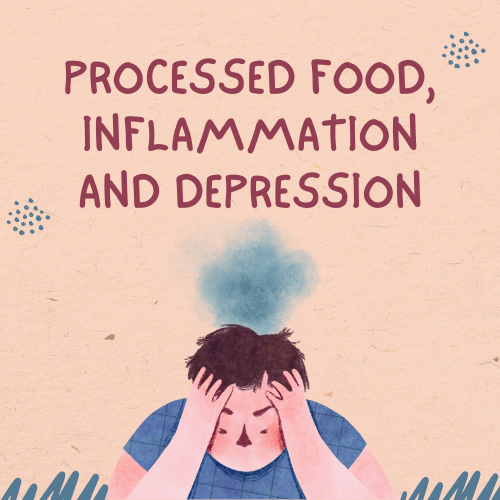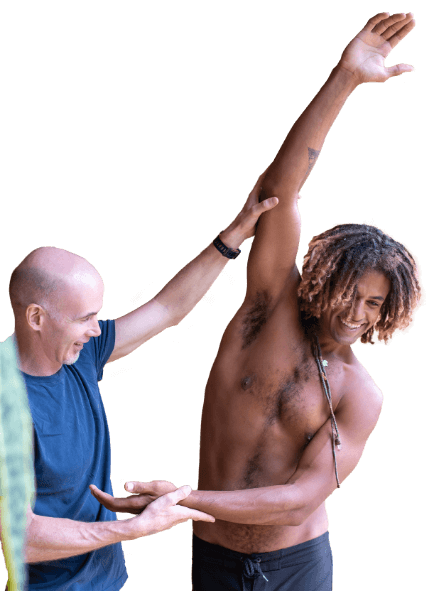
Recently I’ve written a couple of articles about obesity and metabolic syndrome and their adverse health consequences. With just 12% of Americans being metabolically healthy, the statistics don’t paint a pretty picture (1). I see a future with many people developing ‘diseases of modern living which, sadly, are largely preventable. I’m also apprehensive about our children in the US, one out of six children is obese, and one out of three children is overweight or obese. In 2012 the WHO called childhood obesity “one of the most serious public health challenges of the 21st century,” mainly because when young people are overweight, they have an increased chance of being overweight or obese into adulthood, increasing their risk of disease and disability later in life.
As anyone who has looked at this topic for longer than an Instagram Reel knows, many factors go into people becoming overweight. But on the individual scale, how well do we understand weight gain, and how well do we know ourselves?
Recently someone told me that people who are overweight know they are overweight and don’t need to be reminded about it. That’s true, but I’ve also noticed that many people don’t understand why they are overweight and don’t know what to do about it.
I will share with you some interesting angles to the problem that not many people are talking about. To put them in context, let’s talk about food and evolution. Our brains are wired to seek out salt and sugar. That’s because we need salt for many metabolic processes and calories for all our bodily functions. In nature, foods that are sweeter tend to have more calories. This drive for salt, sugar, and to some extent, fat is a hard-wired biological fact, and it’s how we are built.
Modern food companies know this.
They make things taste good by adding large amounts of sugar and salt. Check the back of a can of Coca-Cola; you’ll be surprised to see salt in there! This abundance of high calories and high-salt food messes with our brains (and bodies) because we have never been exposed to so much food in our evolutionary history. We have evolved to live with limited food supplies to survive times of hardship by storing extra calories as fat and when times are good. According to our physiology, we are now in a constant time of plenty, and if we eat more calories than we need, we keep putting down ‘reserves’. So that when the party finishes, we’ll have a little extra around the belly to keep us going…but the party never ends.
Governments and tabloids tell us to make better food choices, but we don’t…why changing what we eat is difficult to do?
In my last piece, I talked about that a little; besides cultural, social, and familial pressure, one possible explanation could be inflammation. In 2019, researchers presented this idea when they analyzed how inflammation could affect decision-making (4). We know that modern diets, which contain a lot of ultra-processed foods, raise inflammation, which, the researchers showed, can affect our decision-making.
However, the relationship goes both ways, meaning that many unhealthy decisions (smoking, drinking too much, poor food choices, decisions that cause stress and hardship) also cause inflammation, making it harder to make healthy decisions. The good news is that if we set ourselves up for success (finding an accountability partner, getting the whole family on board, switching things at work, or hiring a coach/trainer), it is possible to reverse inflammation. Or vice versa, changing the food, which then changes your impulses.
Following that study, this recent article explores the connection between eating a highly processed diet and adverse mental health symptoms like depression and anxiety, which many say is part of why they eat…comfort eating (5). The researchers noticed a dose-response relationship, meaning the more junk food a person ate, the more their mental health was affected. Conversely, the same happens in the opposite direction, with the more whole food a person eats is better for their mental health.
Although the study doesn’t discuss children, I feel this is a massive problem for them.
About 2.5% of children are on Ritalin for ADHD when really they might just be disconnected from a whole-food diet. The same is true for the 10% of schoolchildren diagnosed with anxiety. I see it in my own family, and I see it in my children’s friends. Years ago, my osteopathic clinic back in Canada used to run summer camps. I always found it interesting to see what the kids brought to eat for lunch and then their subsequent behavior in the afternoon. Sure, it’s only my observation, but the kids who appeared to have the most compassion for other kids and engaged in the activities weren’t eating white bread, peanut butter, and jam sandwiches! Instead, they had whole food, carrots, broccoli, eggs, and small portions of fish or meat. I remember one kid used to bring sushi to camp every day; amazing!
Highly processed foods leading to poor impulse control and depression are only a small component of why we overeat, but they are ones that many people aren’t aware of. The apparent factors of sleep, stress management, exercise, food quantity, and timing are more noticeable. Still, when coaching someone for weight loss, I take a lifestyle approach that considers all of the above…remember Your Lifestyle Is Your Medicine.

Over the last 10 years Ed has been building a YouTube library to help people manage their own pain or movement limitations and increase performance through exercise. He regularly adds videos so be sure to subscribe and visit regularly


"Oh My Gosh- I am ALREADY feeling relief after a few days! I used to wake up 2-3 times a night with shooting pain that anti inflammatories couldn't touch. Now I have been waking up just because I want to notice what it feels like to lay in bed pain free- THANK YOU!."

"When I first started with your program I was experience a lot of pain. Walking was difficult. I had to stop and catch my breath every few minutes and lean against a wall for support. Now when I walk with my husband we go for over an hour. I never had to sit down and stop...and, hardly any pain!!! 😊😊 I can’t thank you enough."
Frustrated that you aren't recovering fast enough?
Discover how to heal from illness and injury using movement, food and lifestyle.